Did you know that barbing salon is more of a Nigerian Slang than an English word? Yes, the correct word is originally barbershop and not barbing salon. However, Oxford English Dictionary has recognised barbershop as a word so I guess we could say it’s correct too.
There are several other Nigerian slangs that have made it to the English Dictionary. So speaking Nigerian slang is not a sign that you’re uneducated or razz, it just means you’re ahead of the curve, don’t worry, everyone else will catch up.
I mean, if BBC and OED (Oxford English Dictionary), the English peeps themselves, have recognised these words then who are you, please?
In this article, we’ll be sharing with you 10 Nigerian slangs that can be found in the English Dictionary.
Barbing Salon
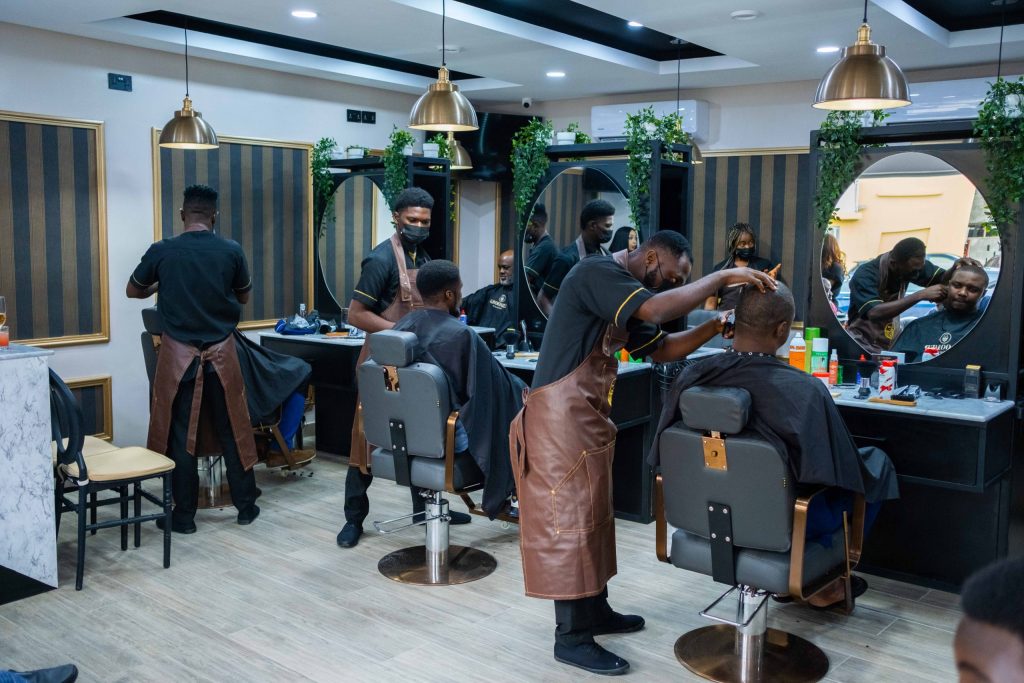
According to the Oxford English Dictionary, “barbing salon” is a Nigerian English noun that refers to a barber’s shop. The term was first used in the 1970s, and an example of its early use can be found in the 1979 Nigerian Yellow Pages with the phrase “One Day Barbing Salon”.
Buka
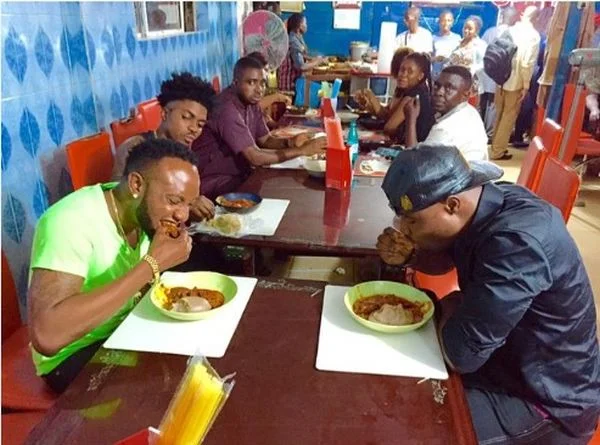
“Buka”, is a Nigerian English noun that refers to a roadside restaurant or street stall that sells local food at low prices.
It is somewhat similar to mama-put.
Chop Chop
“Chop-chop” is a Nigerian English term that means bribery and corruption in public life or misappropriation or embezzlement of funds. The earliest known use of the term “chop-chop” dates back to the 1960s, and the Oxford English Dictionary’s earliest evidence of the term’s use is from 1966 in “Nigeria’s Military Government” .
Danfo

“Danfo” is a noun that means a yellow minibus that carries passengers for a fare as part of an informal transport system in Lagos, which is the largest city in Nigeria . The term comes from the Yoruba language, “dánfó,” making it a borrowed word from Yoruba. The Oxford English Dictionary’s earliest evidence of the term’s use is from 1973.
Gist

“Gist” is a term used in Nigerian English to refer to:
– Idle chat or gossip
– A rumor or piece of gossip
– To gossip or have a serious conversation (when used as a verb)
This differs from the standard English meaning of “gist,” which means the main idea or substance of something or the most essential part of a complex matter.
K-leg
“K-leg” is a Nigerian English noun with two meanings:
– A condition in which one or both of a person’s knees are turned inwards, resulting in a noticeable gap between the feet when standing with the knees touching; knock-knee
– A problem or flaw; a setback, an obstacle; something that has gone awry
Mama Put
“Mama put” is a Nigerian English noun that refers to:
– A food vendor, especially one who sells traditional Nigerian dishes
– A woman who owns a small food stall or restaurant, especially in a rural area or market
The term “mama put” is often used affectionately or respectfully to refer to a woman who runs a food business.
Okada
“Okada” is a Nigerian English noun that refers to:
– A motorcycle used as a taxi, especially in urban areas
– A commercial motorcycle that carries passengers, goods, or messages
In Nigeria, okadas are a popular mode of transportation, especially in cities with heavy traffic. The term “okada” is derived from the name of a Japanese motorcycle brand, Okada, which was popular in Nigeria in the 1980s. Over time, the term became a generic term for commercial motorcycles in Nigeria.
Sef
“Sef” is a Nigerian English adverb that means:
– Also, too, very (used for emphasis)
– Used to indicate that something is done to an extreme or excessive degree
Example of sef used in sentences include:
– “I’m tired sef” (I’m very tired)
– “He’s rich sef” (He’s extremely rich)
In Nigerian English, “sef” is used to add emphasis or intensity to a statement, similar to “very” or “extremely” in standard English.
Tokunbo
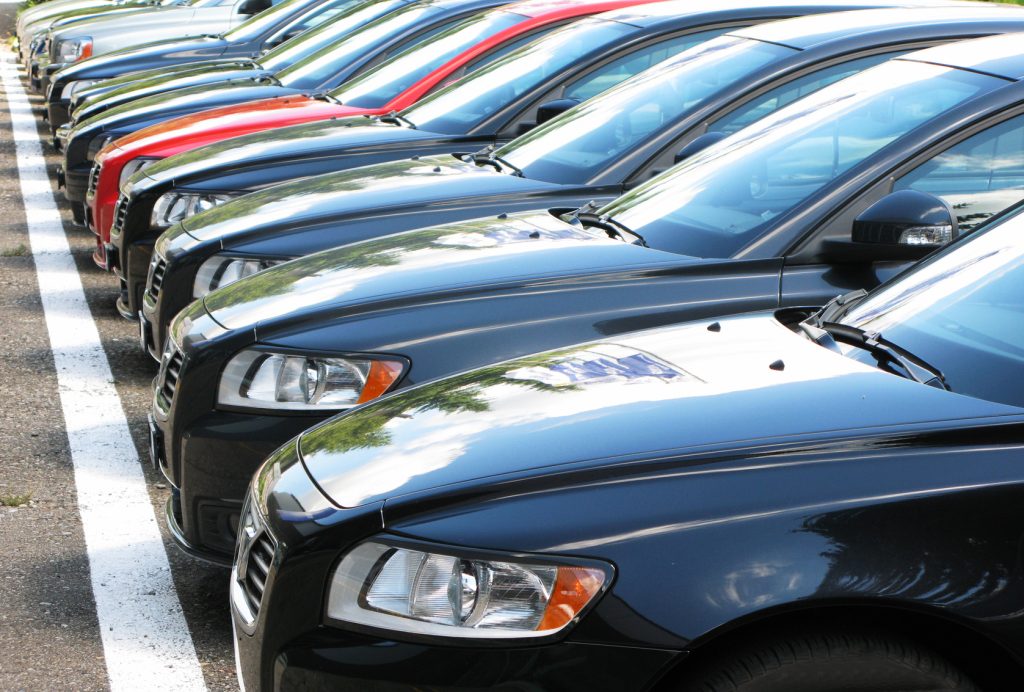
“Tokunbo” refers to an imported second-hand product, especially a car. The word “tokunbo” literally means “born overseas” or “born across the sea,” and it is also a unisex name given to children of Yoruba heritage born overseas. In Nigeria, used items like cars, electronics and domestic goods are referred to as Tokunbo.
I think it’s beautiful to see such inclusivity in the English language and we hope to see more of it in the coming years. Share this article with that friend uses tokunbo, frequents mama-put, and calls the barbershop a barbing salon.

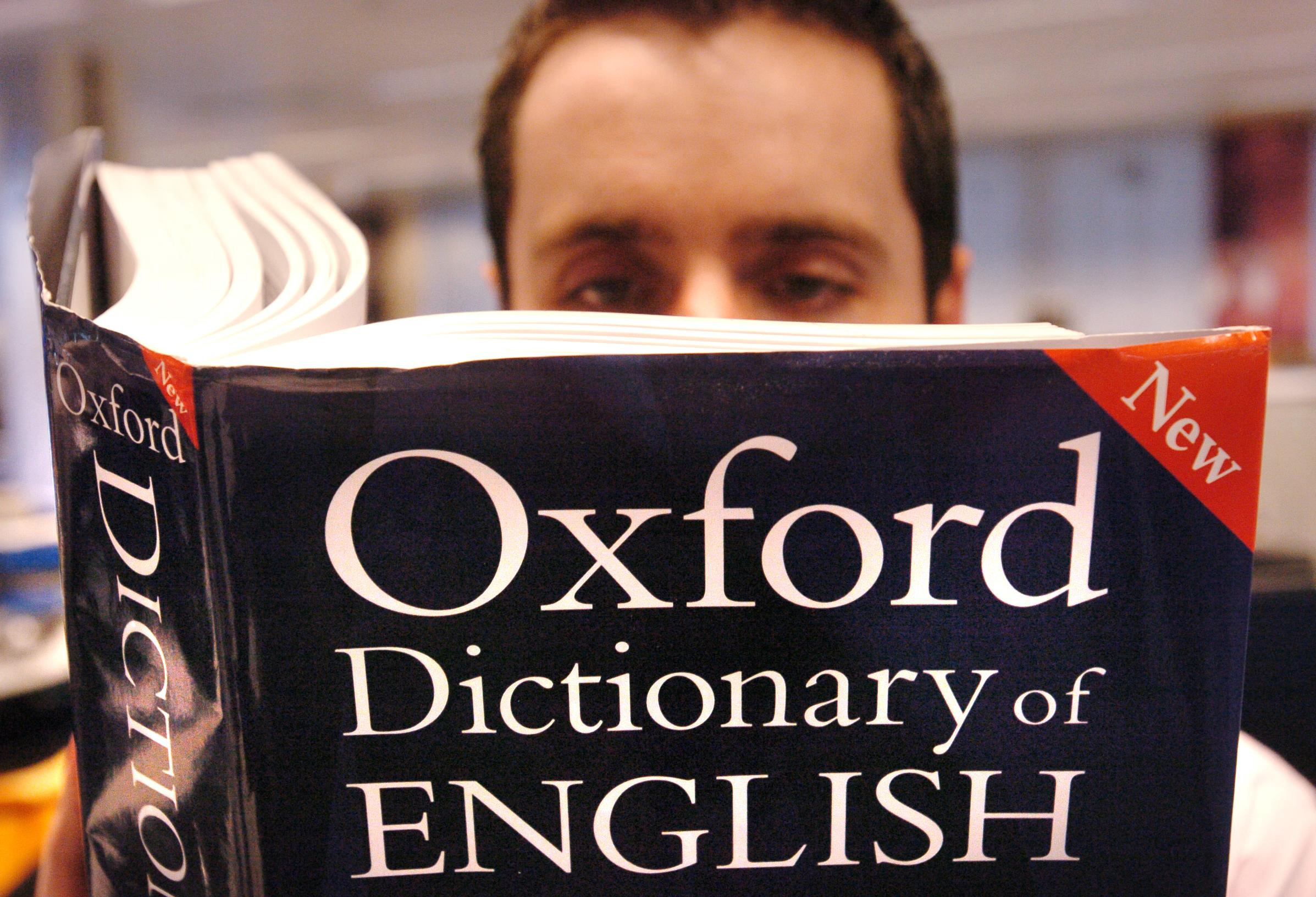
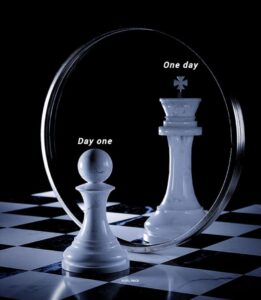



1,305 Responses
legitimate pharmacy sites UK Uk Meds Guide legitimate pharmacy sites UK
top-rated pharmacies in Ireland discount pharmacies in Ireland best Irish pharmacy websites
https://ukmedsguide.shop/# UkMedsGuide
top-rated pharmacies in Ireland Irish online pharmacy reviews pharmacy delivery Ireland
https://irishpharmafinder.com/# Irish online pharmacy reviews